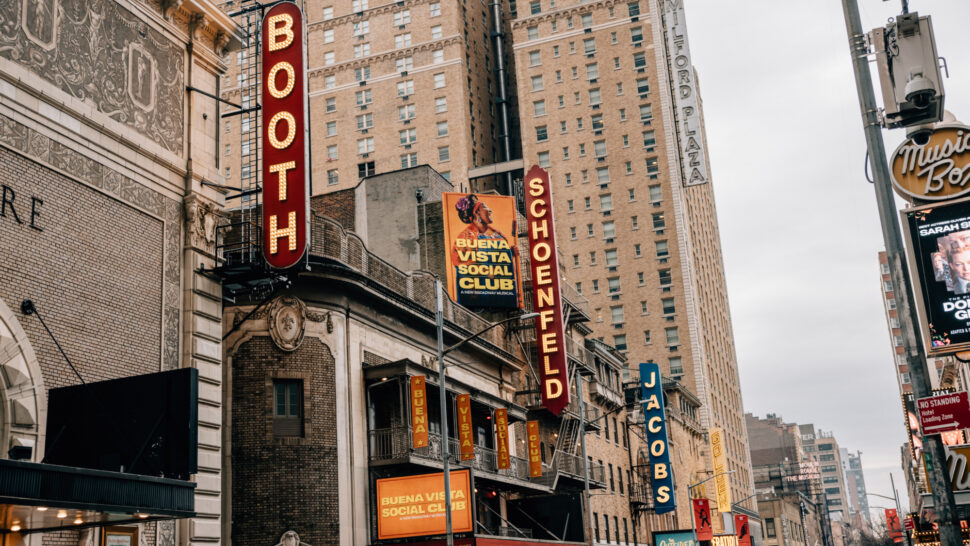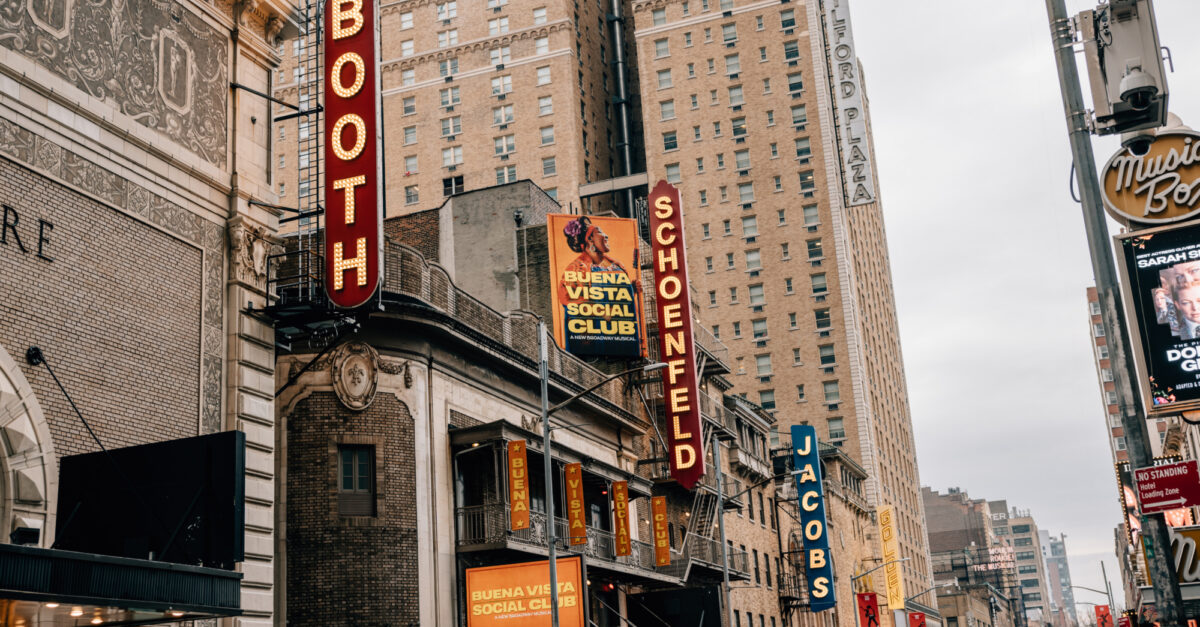U.S. Senators Encourage Local 802 and Broadway League to ‘Prevent a Strike’
The Broadway musicians union are currently in mediation with the Broadway League.

Vi Dang
As the theatre industry and fans wait with bated breath to see whether or not Broadway musicians will go on strike, U.S. Senators are also weighing in. Senator Kirsten Gillibrand (of New York) and New Jersey Senators Cory Booker and Andy Kim have sent a letter to AFM Local 802 union leaders and the Broadway League encouraging both parties to “negotiate in good faith and prevent a strike.”
The letter, addressed to Broadway League President Jason Laks and AFM Local 802 leaders Robert Suttman and Tino Gagliardi, reads: “In the past, disruptions to production have had drastic impacts on job security and quality of life for tens of thousands of artists. With Broadway only beginning to recover from the pandemic during the 2024-2025 season, a strike would have devastating and lasting impacts on its revival and the economic well-being of local businesses. During the 2007 stagehands strike, the city comptroller, William Thompson Jr., estimated that economic losses amounted to about $2 million each day of the strike. Efforts must be made by all sides to negotiate in good faith and prevent a strike.”
New York Senator Chuck Schumer also called Suttman last night.
The musicians’ most recent contract with the Broadway League expired August 31, 2025. Since then, the union has been trying to achieve a new contract that includes increased wages, increased healthcare contributions, and employment and income security. Following weeks of unsuccessful negotiations for a new work contract, Local 802 and the Broadway League are currently in mediation October 22. The union previously said that if an agreement is not reached by the morning of October 23, they are prepared to immediately go on strike.
A musicians strike would shut down every musical on Broadway, aside from Ragtime (due to the show operating on a separate, not-for-profit contract).
If the actors-stage musicians union Actors’ Equity were to go on strike in solidarity—which is historically likely—it could force a stop to more shows than are in 802’s list. The actor-stage manager union has not yet commented publicly on this possibility, nor on which shows would potentially be affected by such a move. Their own new Production Contract agreement remains tentative and not yet ratified by its membership, which could potentially allow for a more all-encompassing strike, or refusal of actors and stage managers to cross 802 picket lines.
This is not the first time politicians have weighed in on a possible strike. On October 9, members of Congress, across both political parties, signed a letter directed to the League, Actors’ Equity, and Local 802 urging them to come to an agreement. New York City mayoral candidate Zohran Mamdani has even expressed solidarity with Local 802 and Actors’ Equity: “Broadway’s actors, musicians, and crew make New York the cultural capital of the world. Their health care is on the line, and it’s time for a fair deal that protects it.”
Broadway musicians have gone on strike previously, for five days in 2003. The most recent Broadway strike came via stagehands in 2007, which kept most of the Main Stem dark for 19 days. The last time Actors’ Equity went on strike was in 1968, which ended after three days when New York’s mayor stepped in.

